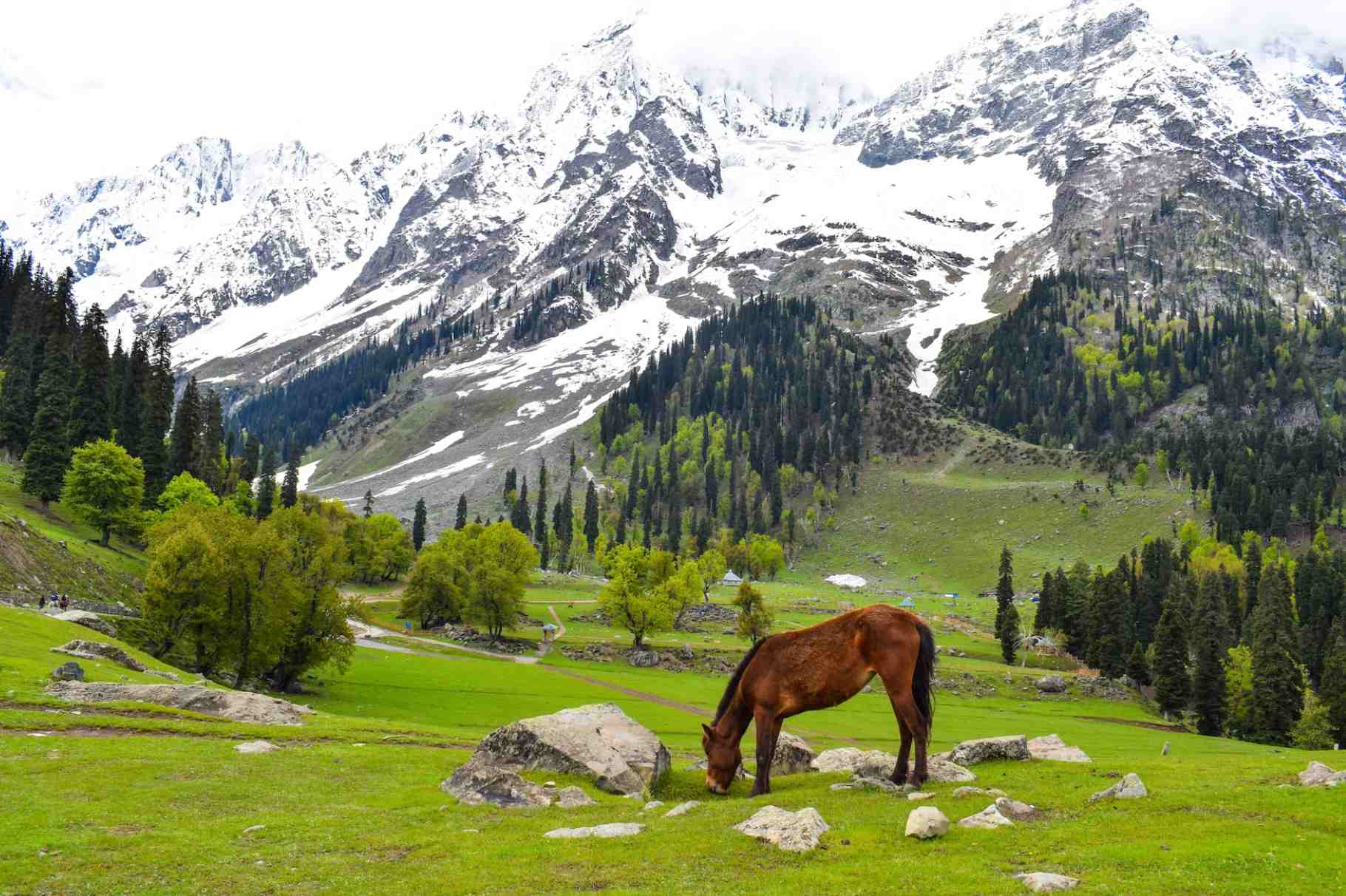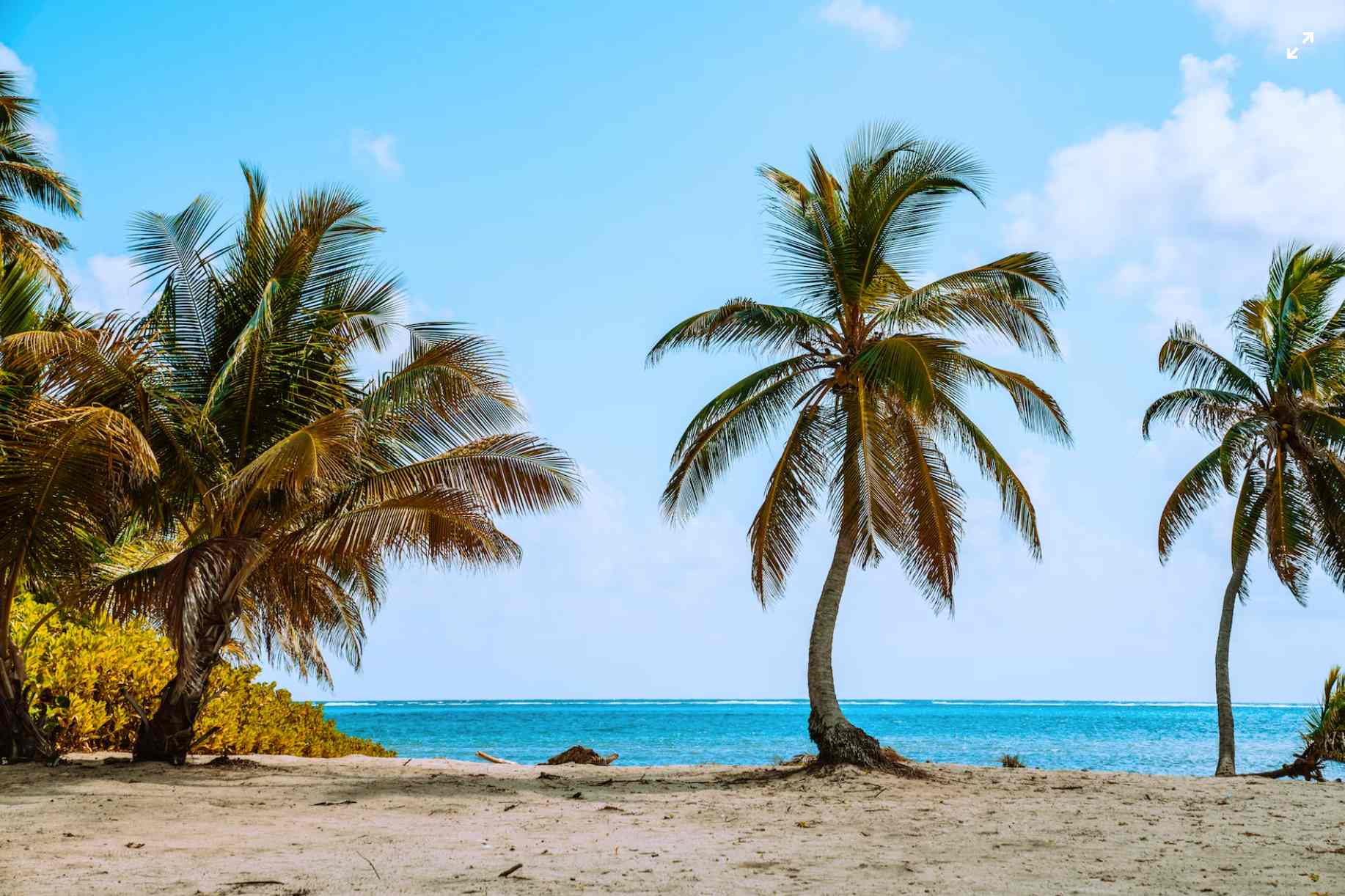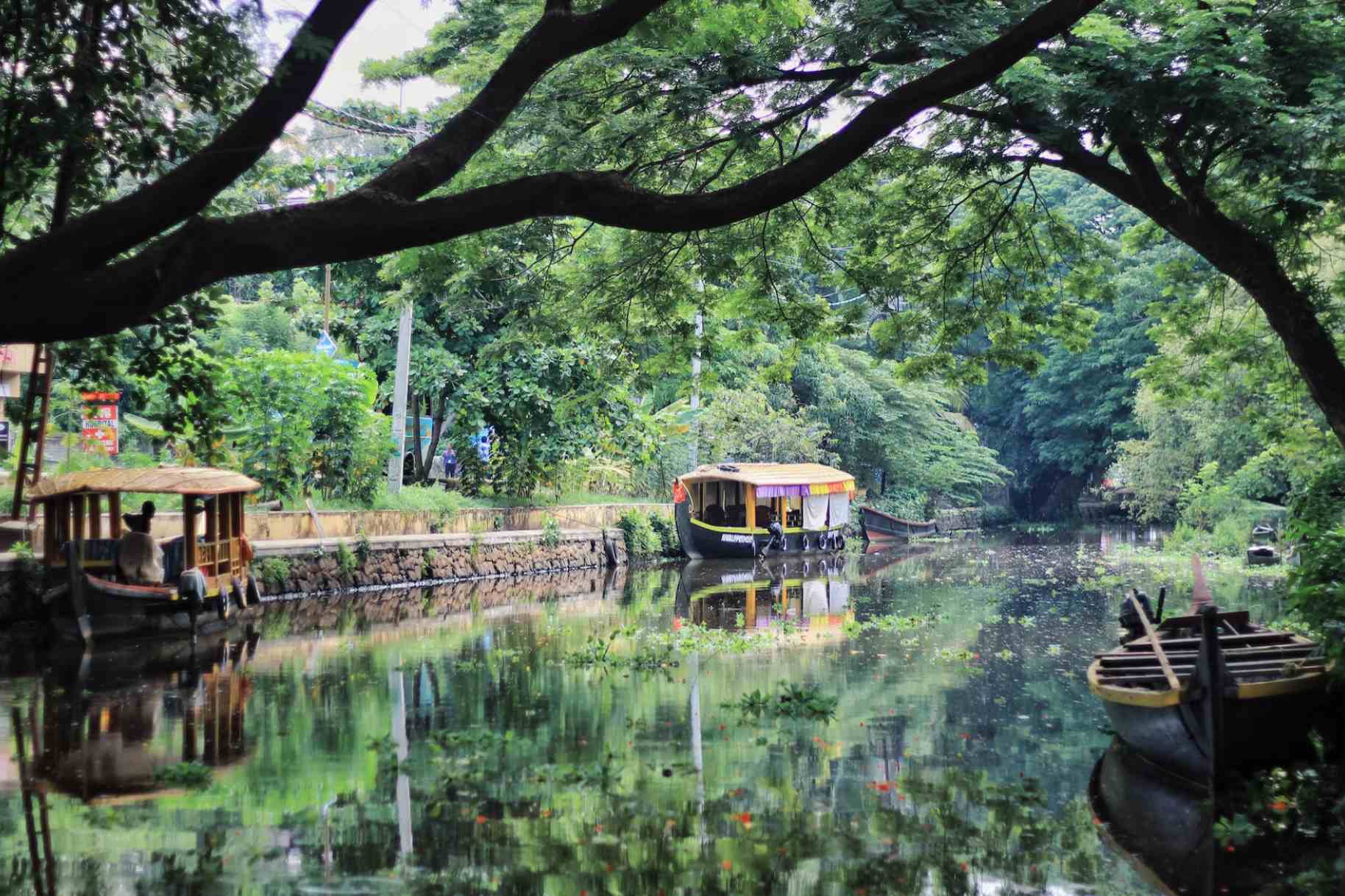Minimizing Your Environmental Footprint: Responsible Ways to Enjoy Outdoor Sports and Recreation
"The environmental impact of outdoor sports and recreation, and how to enjoy them responsibly while minimising your impact on the environment."
As outdoor sports and recreation continue to grow in popularity, it's important to remember that the environment we enjoy these activities in needs to be protected. While it's easy to get caught up in the excitement of outdoor pursuits, we must be aware of the impact that our actions can have on the environment. In this blog post, we'll explore the environmental impact of outdoor sports and recreation, and offer tips on how to enjoy these activities responsibly while minimizing your impact on the environment.
The Environmental Impact of Outdoor Sports and Recreation
Outdoor sports and recreation can have significant environmental impacts if not done responsibly. Here are a few of the key impacts to keep in mind:
Habitat Destruction
Habitat destruction refers to the alteration, degradation, or destruction of natural habitats and ecosystems, often as a result of human activities. Activities such as logging, mining, agriculture, urban development, and outdoor sports and recreation can cause habitat destruction, leading to a loss of critical habitat for wildlife and plant species. When habitats are destroyed, it can have cascading effects throughout the ecosystem, including decreased biodiversity, soil erosion, and water pollution. It's important to minimize our impact on natural habitats and ecosystems by engaging in outdoor activities responsibly, following designated trails, and avoiding disturbing natural features. By doing so, we can help protect and preserve the natural beauty that surrounds us and ensure that future generations can enjoy it as well.
Soil Erosion
Soil erosion is the process by which soil is moved from one place to another by wind or water. Outdoor sports and recreation activities such as hiking, mountain biking, and off-road vehicle use can cause soil erosion, leading to a loss of topsoil and plant growth. Soil erosion can have several negative impacts on the environment, including decreased water quality, reduced soil fertility, and loss of biodiversity. To minimize soil erosion, it's important to follow designated trails and avoid creating new ones, particularly in areas with steep slopes or fragile ecosystems. Additionally, using sustainable outdoor gear such as hiking boots with good traction, and not cutting switchbacks, can help minimize soil erosion. By engaging in outdoor sports and recreation responsibly, we can help protect and preserve the natural landscapes we enjoy while minimizing our impact on the environment.
Water Pollution
Water pollution is the contamination of water bodies such as rivers, lakes, oceans, and groundwater. Outdoor sports and recreation activities such as boating and fishing can contribute to water pollution through the use of chemicals and fuel in boats and fishing equipment. This pollution can harm aquatic life and ecosystems, leading to decreased biodiversity and reduced water quality. To minimize water pollution, it's important to use eco-friendly products and sustainable gear when engaging in water-based activities. For example, choosing biodegradable fishing line and lead-free weights can help reduce pollution. Additionally, properly disposing of trash and used fishing gear can help prevent pollution in water bodies. By taking these steps and engaging in water-based activities responsibly, we can help protect and preserve the waterways we love while minimizing our impact on the environment.
Air Pollution
Air pollution is the presence of harmful substances in the air, such as particulate matter and gases like carbon monoxide, nitrogen oxides, and sulfur dioxide. Outdoor sports and recreation activities such as motorized off-road vehicles, snowmobiling, and skiing can contribute to air pollution through the emission of exhaust fumes and dust. This pollution can harm human health and wildlife, leading to respiratory problems and other health issues. To minimize air pollution, it's important to choose eco-friendly modes of transportation such as walking, cycling, or using electric or hybrid vehicles. Additionally, using non-motorized gear such as skis and snowshoes can help reduce emissions from outdoor recreation activities. By being mindful of our impact on air quality and engaging in outdoor activities responsibly, we can help protect and preserve the natural beauty around us while minimizing our impact on the environment.
How to Enjoy Outdoor Sports and Recreation Responsibly
It's important to enjoy outdoor sports and recreation responsibly to minimise our impact on the environment. Here are some tips on how to do so:
Leave No Trace
Leave No Trace is a set of principles for responsible outdoor recreation that emphasises the importance of minimising our impact on the environment. These principles include:
Plan ahead and prepare: Proper planning and preparation can help minimise our impact on the environment. This includes researching the area we plan to visit, knowing the regulations and guidelines for the area, and bringing the necessary gear and supplies.
Travel and camp on durable surfaces: When camping, it's important to set up camp on durable surfaces such as established campsites or rock surfaces, and avoid fragile ecosystems such as meadows and wetlands. When hiking, it's important to stick to designated trails to minimise damage to natural habitats.
Dispose of waste properly: All waste, including food scraps, should be packed out and disposed of properly. When camping, this includes carrying out all trash and burying human waste in catholes at least 200 feet from water sources.
Leave what you find: It's important to leave natural features and artefacts as you find them, and avoid disturbing historical or cultural sites.
Minimise campfire impact: When camping, it's important to use established fire rings and follow local regulations for fires. Use only small sticks and branches that can be broken by hand and make sure to put out fires completely before leaving.
Respect wildlife: Observe wildlife from a distance and avoid feeding them. Store food securely and keep a clean campsite to minimise the risk of wildlife becoming habituated to human food.
Be considerate of other visitors: Respect other visitors by being quiet, controlling pets, and following established guidelines for the area.
By following these Leave No Trace principles, we can minimise our impact on the environment and help preserve the natural beauty of outdoor recreation areas for future generations to enjoy.
Use Sustainable Gear
Using sustainable gear is an important way to minimise our impact on the environment while engaging in outdoor sports and recreation activities. Sustainable gear is designed to minimise resource consumption and pollution during production, use, and disposal. Here are some tips for using sustainable gear:
Choose products made from environmentally-friendly materials: Look for gear made from materials such as recycled plastics, organic cotton, and bamboo, which have a lower environmental impact than synthetic materials.
Use gear that is built to last: Choose high-quality gear that is durable and designed to withstand wear and tear, so you won't have to replace it as often.
Rent or borrow gear: Instead of buying new gear for every trip, consider renting or borrowing gear to reduce consumption and waste.
Repair and maintain gear: Repairing and maintaining gear can extend its lifespan, reducing the need for replacements.
Choose eco-friendly cleaning products: When cleaning gear, choose environmentally-friendly products that are non-toxic and biodegradable.
By using sustainable gear, we can reduce our impact on the environment while still enjoying outdoor sports and recreation activities.
Practise Sustainable Transportation
Sustainable transportation is an important way to minimise our impact on the environment while engaging in outdoor sports and recreation activities. Here are some tips for practising sustainable transportation:
Use non-motorized transportation: Choose activities that do not require the use of motorised vehicles, such as hiking, biking, or kayaking.
Use public transportation: When possible, use public transportation to get to and from outdoor recreation areas, such as buses or trains.
Carpool or use ride-sharing services: If driving is necessary, carpooling or using ride-sharing services can reduce the number of vehicles on the road and decrease emissions.
Choose fuel-efficient vehicles: If driving is necessary, choose a vehicle with good fuel efficiency or use a hybrid or electric vehicle.
Maintain vehicles properly: Properly maintaining vehicles, such as keeping tires inflated and getting regular tune-ups, can improve fuel efficiency and reduce emissions.
By practising sustainable transportation, we can reduce our impact on the environment while still enjoying outdoor sports and recreation activities.
Respect Wildlife
Respecting wildlife is an important way to minimise our impact on the environment while engaging in outdoor sports and recreation activities. Here are some tips for respecting wildlife:
Observe wildlife from a distance: It's important to observe wildlife from a safe distance to avoid disturbing them or their natural habitat. Use binoculars or a camera to get a closer look.
Avoid feeding wildlife: Feeding wildlife can disrupt their natural behaviour and lead to health problems. Store food securely and keep a clean campsite to minimise the risk of wildlife becoming habituated to human food.
Keep pets under control: If bringing a pet on an outdoor recreation trip, make sure to keep them under control at all times to avoid disturbing wildlife or their habitat.
Learn about the local wildlife: Before visiting an outdoor recreation area, take the time to learn about the local wildlife and their habitat. This can help you avoid inadvertently causing harm to the environment.
Respect wildlife closures and habitats: Some areas may be closed to protect wildlife or their habitat. Respect these closures and stay on designated trails to minimise your impact.
By respecting wildlife, we can help preserve their natural habitat and ensure that they can continue to thrive in the environment.
Outdoor sports and recreation are great ways to connect with nature and challenge ourselves. However, it's important to remember the impact that our actions can have on the environment. By following the tips outlined in this blog post, we can enjoy these activities responsibly while minimising our impact on the environment. Remember, it's up to all of us to protect and preserve the natural beauty that surrounds us.



























































































































































































































































